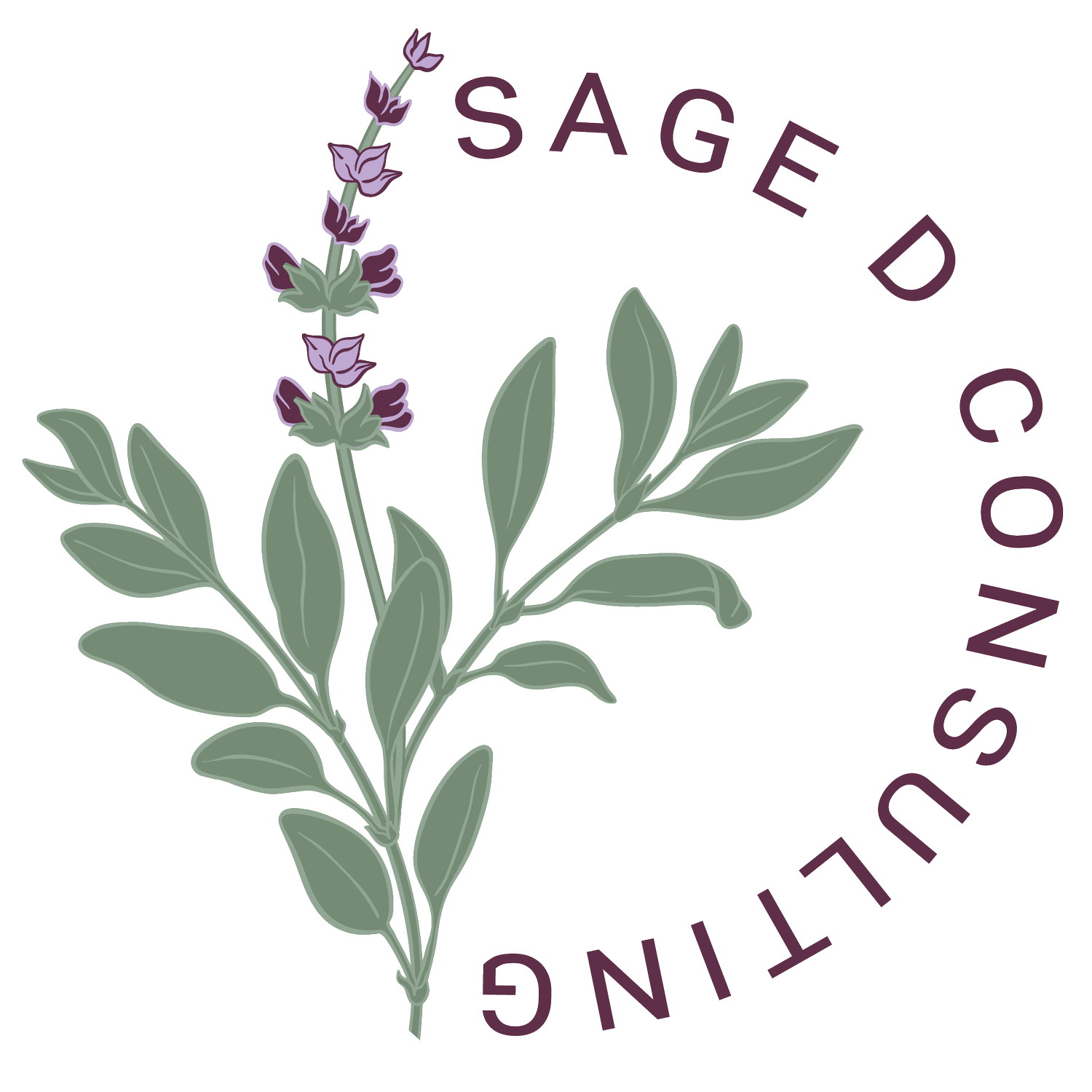Connections Across the Diaspora, Healing, and Care from the Root
I just returned from a journey to East Africa, particularly Kenya, and it was one that I approached with an open heart and no expectations. I went as an observer, eager to immerse myself in the rhythms of a land that felt both foreign and intimately familiar. My goal was simple: to engage with Black women business owners, to understand how they build and sustain their communities, and to reflect on how being deeply rooted in a place—connected to the land, the people, and the culture—can shape the legacy we create.
From the moment I set foot on Kenyan soil, I was enveloped in a warmth that felt like a homecoming. The people I met saw me in a way that I often don’t experience in the U.S. There was a sense of belonging that resonated deeply within me. It was in the eyes of the public officials, the successful businesswomen, strangers I passed by, and especially the Maasai villagers who graciously welcomed me into their world. Each encounter was a reminder that I am part of a larger tapestry, woven together by history, culture, and shared experiences.
One of the most profound connections I made was through the food. The flavors were like a bridge between my Southern roots and the rich culinary traditions of East Africa. Dishes like Mtuzi wa Samaki, a Tanzanian curried fish, transported me back to my childhood, to Saturdays spent with my father fishing and preparing seafood stews and boils. The familiar tastes of okra, ginger, coconut, and hibiscus were both comforting and affirming, grounding me in a shared heritage that spans continents.
This trip also brought into sharp focus the privilege of travel. I was acutely aware of the resources—financial, physical, and emotional—that made this journey possible. Obtaining passports, visas, tickets, vaccinations, and navigating the various costs associated with overseas travel is no small feat. It’s a privilege to have the bandwidth to not only embark on such a journey but to choose how I engage with the spectrum of life in a place where accessibility is a luxury for many.
Life in Kenya required adjustments that reminded me of how much space and convenience we often take for granted in the U.S. In some areas, water pressure was low, and hot water was scarce. There were moments where I had to learn to coexist with nature—like the time monkeys were jumping on my bed in Diani Beach! These experiences reinforced the importance of living in harmony with the environment and the creatures that inhabit it. It was a humbling reminder of how interconnected we are and how our actions have a ripple effect, impacting not just ourselves but the world around us.
One of the most powerful lessons I learned was the value of slowing down. In Swahili, there’s a phrase, "pole pole," which means "slowly, slowly." This concept was ever-present in Kenya. It wasn’t just a suggestion; it was a way of life. Moving with intention became a necessity, not just for my own well-being, but for the well-being of those around me, including the land and its inhabitants. Every decision I made—how I spent my time, where I directed my energy—had a tangible impact. It was a profound exercise in mindfulness and intentionality, one that I carry with me as I navigate the fast-paced world back home.
This journey to Kenya was more than just a trip; it was a deepening of my commitment to Rooted Liberation and Authentic Leadership. It was a reminder that our connections to the land, to our communities, and to each other are the foundation of the legacies we build. As a Black, Southern American woman, this experience has strengthened my resolve to lead with intention, to honor my roots, and to contribute to the collective healing and growth of our diaspora.
With much love and enthusiasm,
Sagdrina
